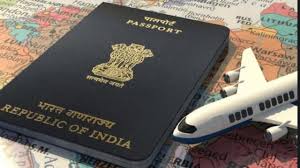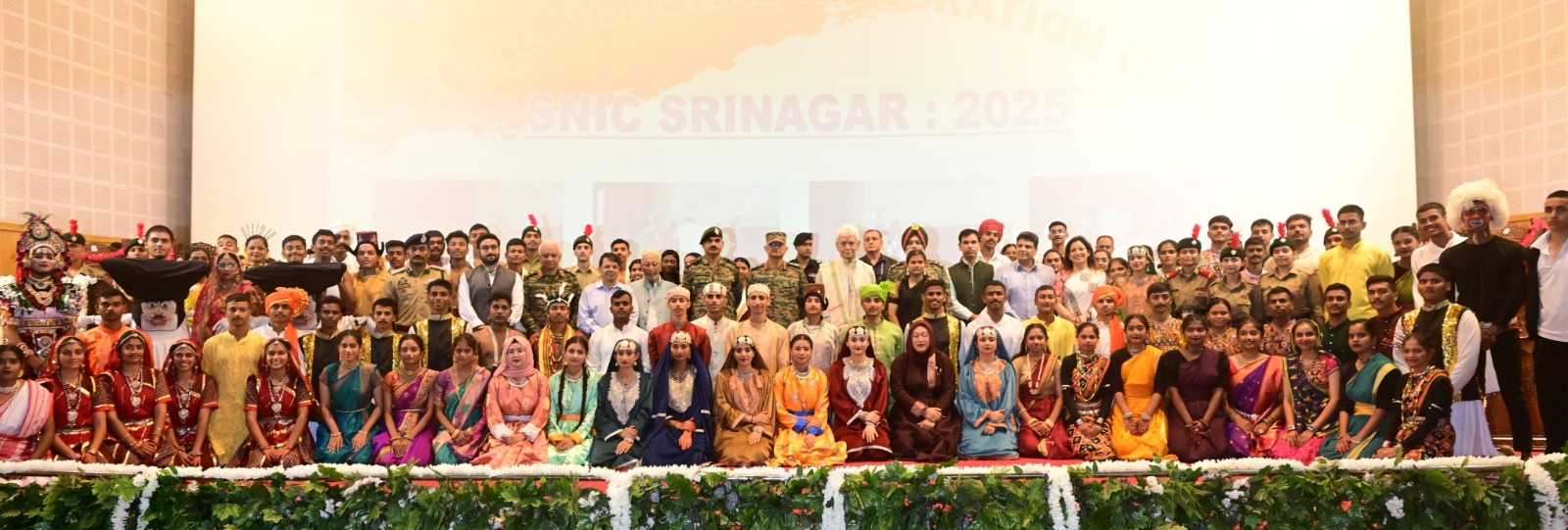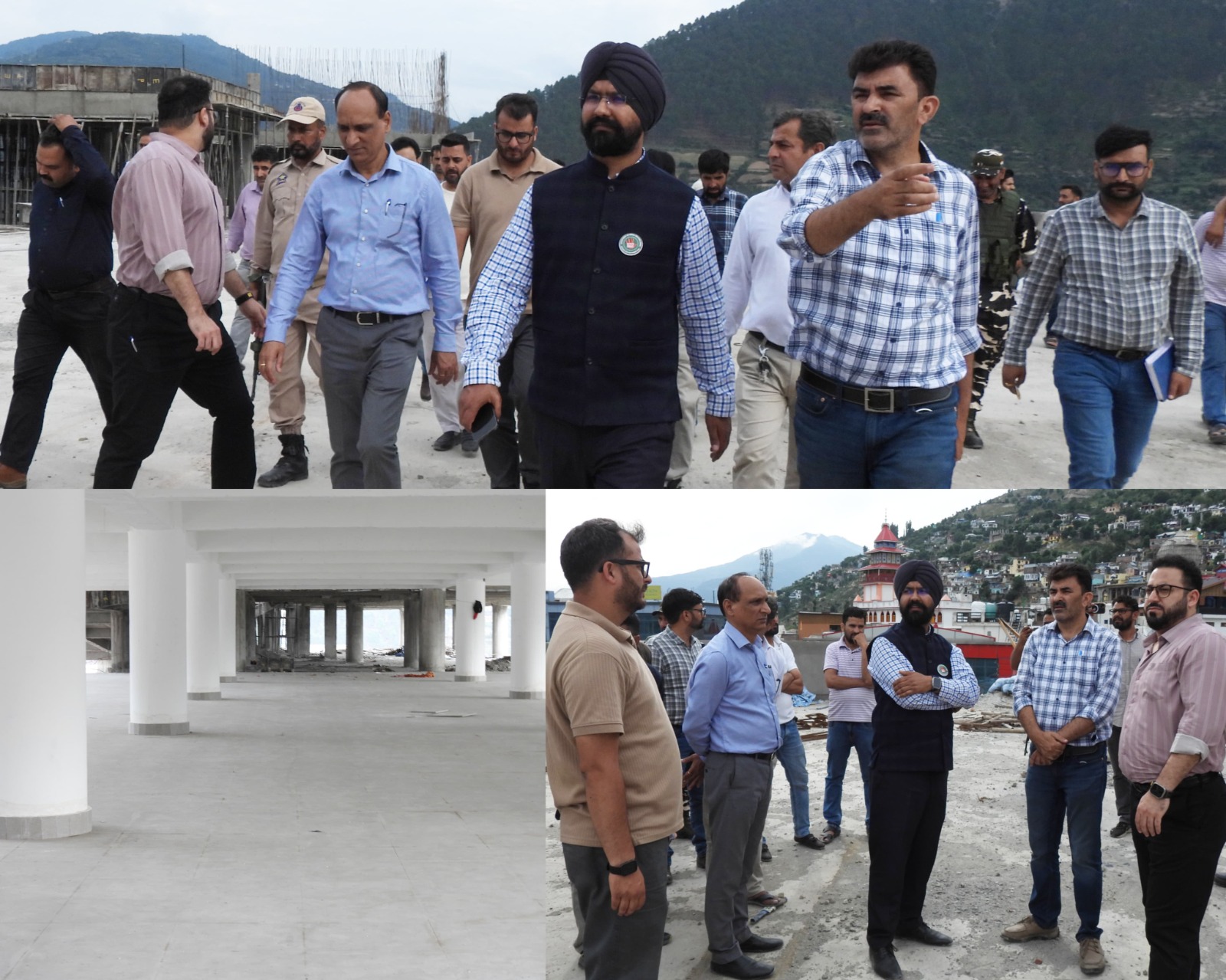EAM Jaishankar’s Passport Seva 2.0 overhaul promises faster police checks, expanded passport access, and a more transparent, tech-enabled system.
Marking the 13th Passport Seva Divas, External Affairs Minister S Jaishankar on Tuesday unveiled sweeping reforms aimed at modernising and streamlining India’s passport services. From chip-enabled e-passports and faster police verifications to passport vans for remote areas and a global tech upgrade in embassies, the shift signals what Jaishankar called a “remarkable transformation” in service delivery over the past decade.
The overhaul comes under the expanded Passport Seva Programme (PSP) Version 2.0, which has now been rolled out nationwide, and aligns with the government’s larger push for citizen-centric governance and a more connected global India.
In a detailed post on X, Jaishankar praised passport authorities both in India and overseas for enabling this “dramatic shift” in delivery standards. He also laid out a vision tied to Prime Minister Narendra Modi’s development goals: “Seva, Sushasan and Garib Kalyan are three key pillars of governance that would lead us to a Viksit Bharat. They are all reflected with prominence in our Passport Seva Programme,” he wrote.
The EAM confirmed that Passport Seva Programme Version 2.0 has now been rolled out across India, integrating advanced and emerging technologies to improve transparency, speed, and user experience.
Key Upgrades Announced:
- PSP Version 2.0 launched nationwide, leveraging emerging tech to boost transparency, security and convenience.
- Global PSP V2.0 has entered the pilot phase in Indian embassies and consulates, with phased rollouts planned worldwide.
- e-Passports introduced countrywide, using embedded chips and contactless technology to improve immigration and travel security.
- mPassport Police App has reduced police verification time to 5–7 days in 25 States and Union Territories.
- Ten new Post Office Passport Seva Kendras (POPSKs) opened in the past year, including the 450th POPSK in Kushinagar, Uttar Pradesh, in April 2025.
- Mobile passport vans deployed to provide services in remote and underserved areas.
Jaishankar underscored the tangible results of these efforts. Passport issuance in India has jumped from 91 lakh in 2014 to 1.46 crore in 2024, pointing to greater reach and operational efficiency.
With the nationwide launch of e-passports, India joins a growing list of countries adopting biometric and chip-based passports to enhance both convenience and security.
Features of India’s New e-Passports:
- Secure Embedded Chip: Integrated in the front cover to store encrypted personal and biometric data.
- Biometric Storage: Includes fingerprints, iris scan, and facial photograph.
- Contactless Technology: The chip can be read without physical contact, speeding up airport checks.
- ICAO-Compliant: Fully aligned with international standards laid out by the International Civil Aviation Organisation (ICAO).
- Enhanced Security: Greatly reduces the chances of data forgery or duplication.
The new tech also simplifies immigration procedures and boosts India’s credibility on the global mobility map. Jaishankar called the rollout a “significant achievement” that will empower workers and professionals to access global opportunities more easily.
How To Apply For An E-Passport Online In India
Applying for an e-passport is similar to the current process through the Passport Seva system. Here’s a step-by-step guide:
- Visit the Passport Seva Portal: Go to the official website managed by the Government of India.
- Register or log in: New users must create an account. Existing users can log in using their credentials.
- Fill out the application form: Select the e-passport option and enter your personal and travel information.
- Choose Service Centre: Pick your nearest Passport Seva Kendra (PSK) or Post Office Passport Seva Kendra (POPSK).
- Pay the application fee: Make the payment online through the available modes.
- Book an appointment: Schedule a convenient slot for biometric and document verification.
- Visit the centre: Attend your appointment on time with all required documents.
From digitising verifications to decentralising access through POPSKs and mobile vans, the passport reforms reflect the government’s larger goal of creating an inclusive and digitally empowered India. “We have empowered workers and professionals to access global opportunities, strengthening India’s global workforce footprint,” Jaishankar said.
He concluded his post with a note of appreciation for all personnel involved: “I take this opportunity to congratulate everyone at Passport Offices, PSKs, POPSKs and all partners… for their dedication.”




















